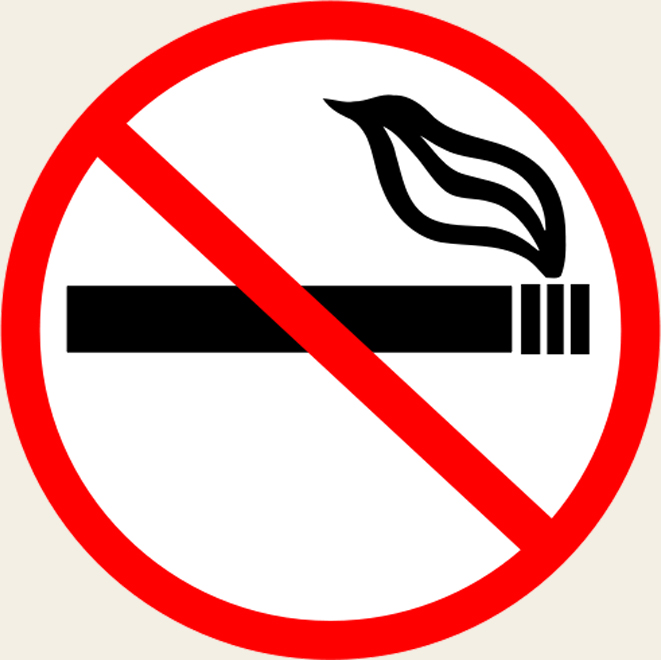By Sara Rajabova
Every year, on May 31, the World Health Organization and its partners mark World No Tobacco Day, highlighting the health risks posed by tobacco use and advocating for effective policies to reduce tobacco consumption around the world.
The use of tobacco put an end to the lives of nearly 100 million people in the world in the 20th century. Tobacco kills nearly 6 million people every year, of whom more than 600,000 are non-smokers exposed to second-hand smoke.
According to the WHO, unless comprehensive measures are taken, the epidemic will kill more than 8 million people every year by 2030.
Tobacco use is the single most preventable cause of death globally and is currently responsible for killing one in 10 adults worldwide.
The harm caused by using tobacco includes cardiac and lung diseases, with smoking being a major risk factor for heart attacks, strokes, chronic obstructive pulmonary disease (COPD), emphysema, and cancer (particularly lung cancer, cancers of the larynx and mouth, and pancreatic cancers).
However, according to statistics, despite the action taken, the percentage of smokers is increasing.
Unfortunately, the number of smokers in Azerbaijan is also high. According to the WHO representation in the country, Azerbaijan ranks 85th among the smoking countries and is 22nd for the number of cigarettes per capita. Moreover, it is very disappointing that the number of smoking people in the country is increasing year-on-year among the schoolchildren aged 13-14.
All these factors necessitate an effective fight against smoking in the country.
Recently, Azerbaijani parliament member Ganira Pashayeva offered to discuss in parliament the draft law on the prohibition of smoking in public places.
Pashayeva said that ahead of the World No Tobacco Day, it is very important to discuss the bill in parliament. She added that Azerbaijan has joined international conventions dealing with this issue and it is very important to discuss and adopt this law.
"The bill on prohibition of smoking in public places has been prepared by the parliamentary social policy committee," Pashayeva said. "There is a need to adopt such a law. Such laws have been passed in most countries of the world in order to protect non-smokers from such negative impact."
She said earlier that the law "On tobacco and tobacco products," adopted by the parliament a few years ago, actually is not enforced.
According to this law, selling cigarettes and alcoholic drinks to persons under 18 is prohibited.
One of the clauses of the law on tobacco and tobacco products indicates that trade in tobacco products in educational, training, healthcare and cultural facilities is not allowed.
According to researches, 45 percent of men in Azerbaijan smoke. Moreover, the number of women-smokers has increased -- from 3 percent six to seven years ago to the current 10 percent.
The anti-smoking bill also envisages broadcasting educational and news programs for no less than 90 minutes on every TV channel over a month. They may include social advertisement, as well as promotional materials against tobacco smoking. Also, such footage will be aired on radio stations.
However, the adoption of this law in Azerbaijan is delaying.
On the other hand, some measures are being taken in order to avoid smoking and to eliminate the negative impact of tobacco use.
The administration of the State Historical-Architectural Preserve "Icherisheher" in early 2013 imposed restrictions on smoking in a number of catering outlets in the territory of the Baku fortress in order to combat smoking in public places.
A gala night dedicated to the "No smoking" movie festival has recently been held in the Azerbaijani capital Baku with the participation of well-known art and culture figures.
Well-known people who attended the event spoke about the harm of smoking and called on people to give up this habit.
The "No smoking" film festival is the first such festival in Azerbaijan, and it was organized by the youth association Addim and the public health and reforms center of the Health Ministry.
Azerbaijan in 2005 signed the World Health Organization's Framework Convention on Tobacco Control, which envisions the restriction of smoking at the state level in the country.
Source: Azernews






